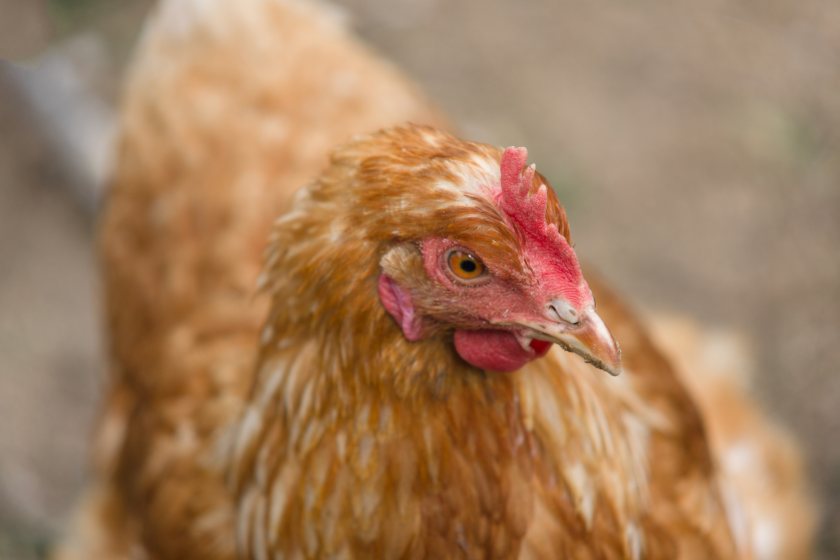
The first US death from avian influenza has been reported in a man who had been in contact with infected birds in a backyard flock.
The man, who was older than 65 and from Louisiana, had been hospitalised with severe respiratory symptoms, state health officials said.
The Centers for Disease Control and Prevention confirmed it was first death in the United States as a result of a bird flu infection.
Officials said that the man had underlying medical problems and had been in contact with infected birds in a non-commercial backyard flock and wild birds.
They also said a genetic analysis had suggested the bird flu virus 'H5N1' had mutated inside the patient, which could have led to the more severe illness.
Since March 2024, a total of 66 confirmed bird flu infections have been reported in the United States, mainly in farmworkers.
Louisiana health officials said in a statement that “while the current public health risk for the general public remains low, people who work with birds, poultry or cows, or have recreational exposure to them, are at higher risk."
"The best way to protect yourself and your family from H5N1 is to avoid sources of exposure," the statement added.
"That means avoiding direct contact with wild birds and other animals infected with or suspected to be infected with bird flu viruses.”
It comes as the UK government recently confirmed it had prepared five million vaccine doses in case of an avian influenza pandemic this winter.
The vaccines would be used if the H5N1 strain spreads among humans, as part of preparations for any possible influenza pandemic.
There have been numerous cases of bird flu in backyard and commercial poultry since November 2024, mainly in Norfolk and East Yorkshire, where a mandatory housing order for poultry farmers and bird keepers is in force.
However, the UK Health Security Agency (UKHSA) said at this stage "there is no evidence of human-to-human transmission".
Dr Meera Chand, of the UKHSA, said: "It is important for us to be prepared against a range of different influenza viruses that may pose human health risks.
"Early access to vaccines saves lives. Adding H5 vaccines to the interventions already available to us will help us to be ready for a wider range of threats.
"It is only if this virus were to start spreading among humans, of which there is no evidence at this stage, that the human H5 influenza vaccine would be used."
The Animal and Plant Health Agency (APHA) said its teams were 'at the forefront' of the UK’s response to avian influenza viruses through sampling and testing both wild and farmed birds.
It said: "This work is of vital importance in preparing and responding to emerging pathogen threats to the UK, helping us to contribute to a better understanding of the disease and offering reassurance to the public."
